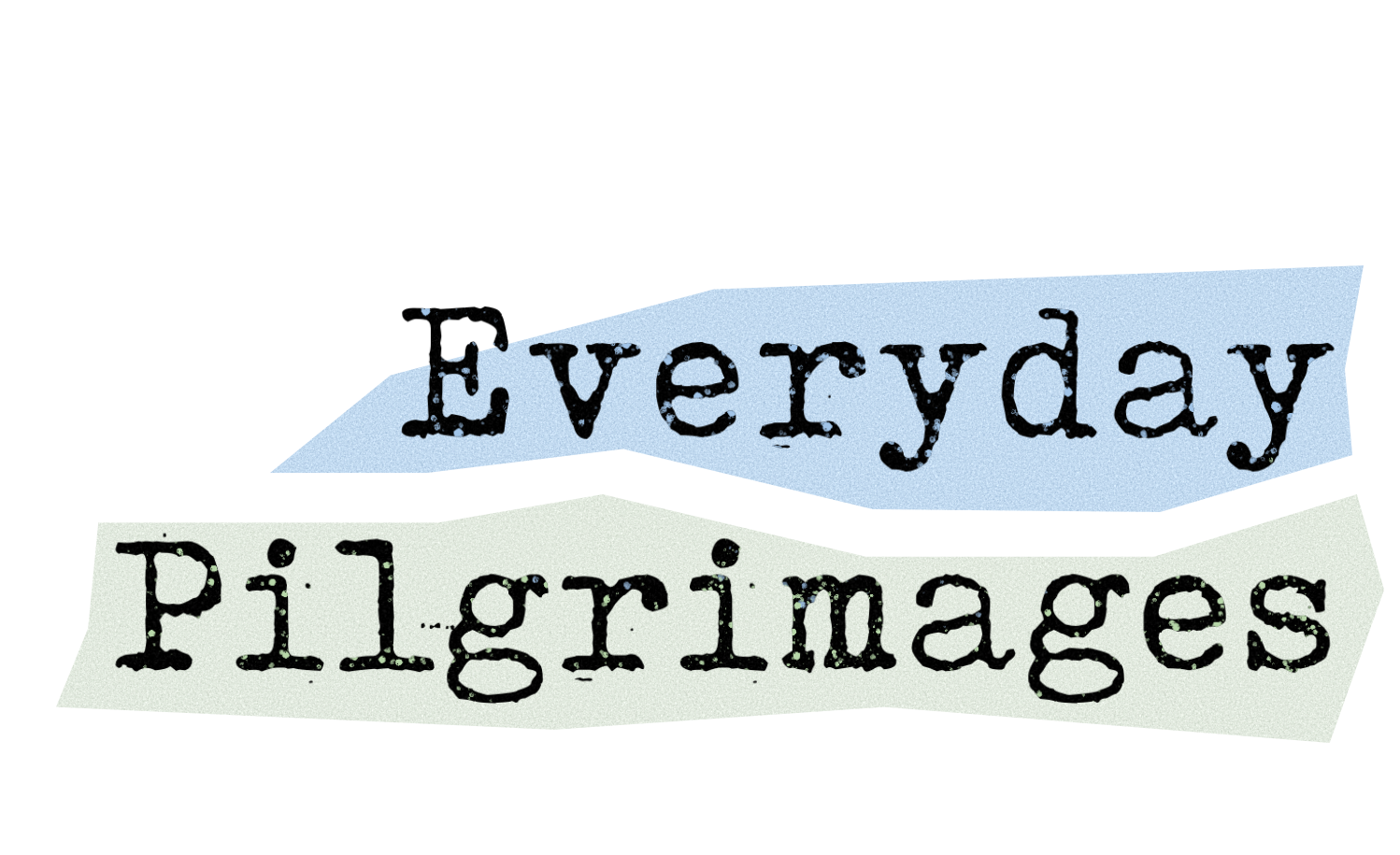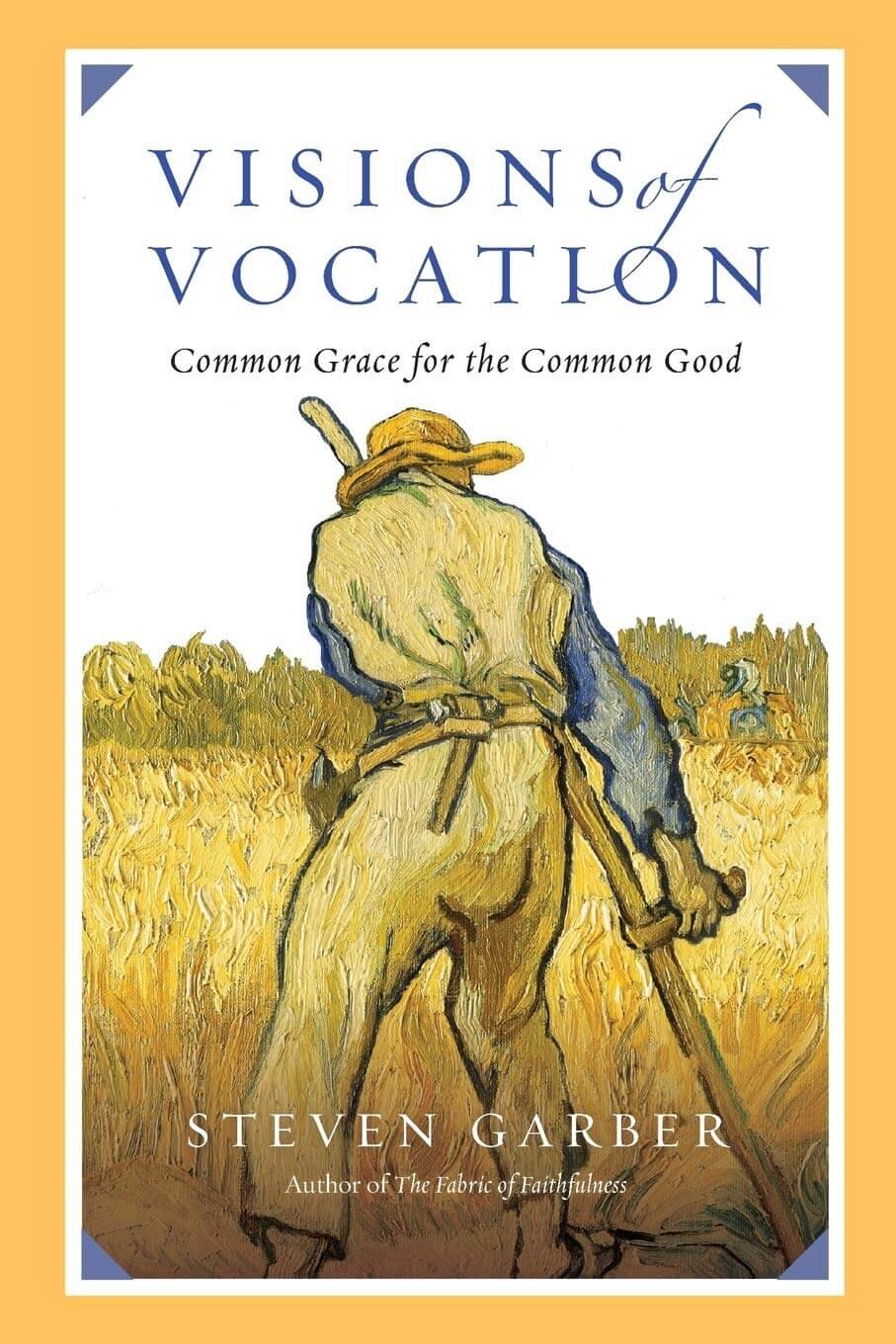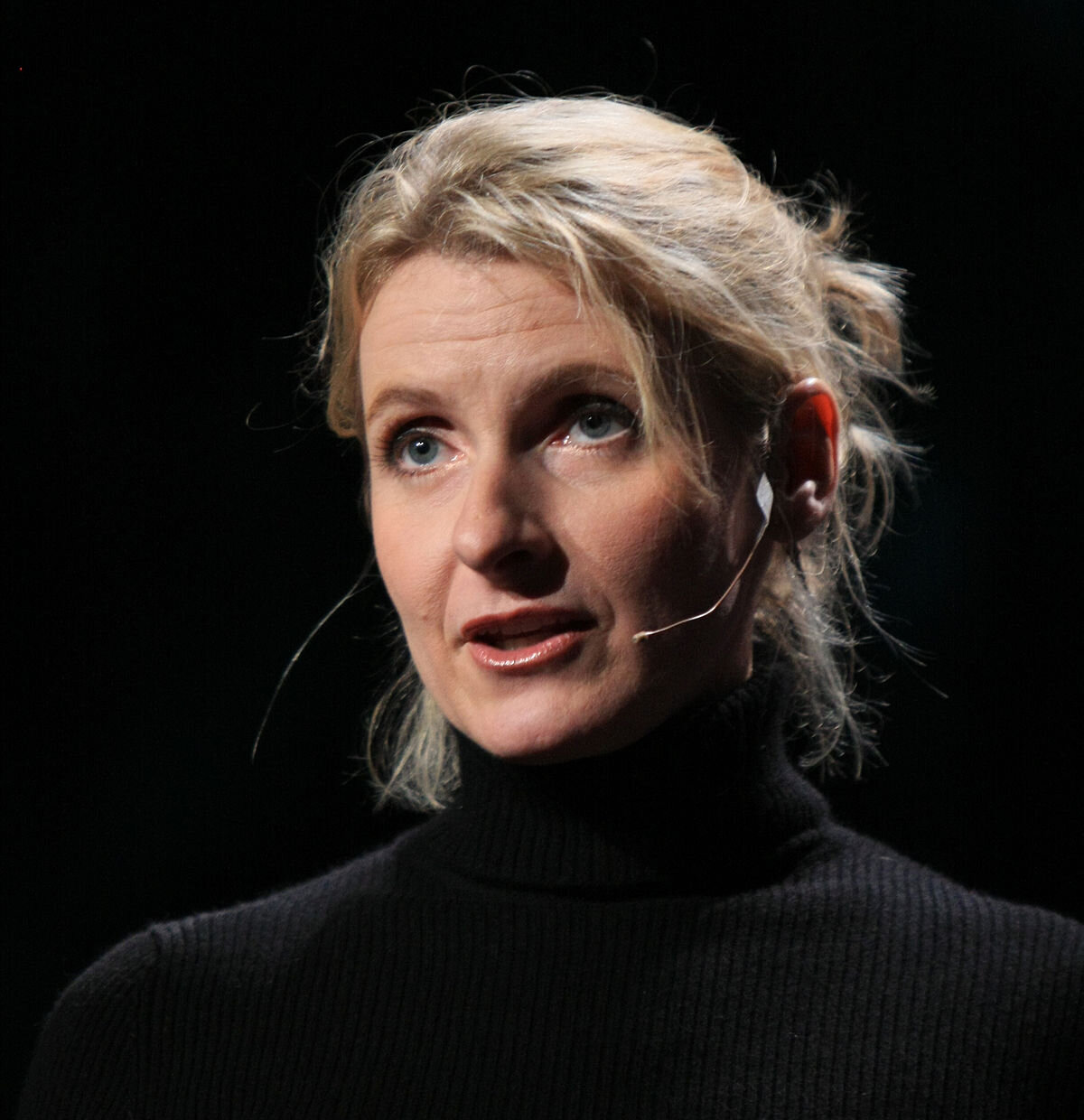
Vocation is rooted in the Latin word for voice. Vocation is not a goal I pursue. It means a calling I hear.
Parker J. Palmer
The Latin roots of the word are:
Vocation - meaning summons. Vocare - meaning to call. Vox - meaning voice
Here is what I want to say about this word and its relationship to faith…...………
Vocation is about responding to something or someone. Vocations are calls that we hear and live into. When we hear these calls, we listen in faith, trusting that God will guide us as we are beckoned, and equip us as we say yes.
A common understanding of the word vocation usually includes something about jobs and careers. Without delving too deep into history, the word first came into use in the early 15th century and described the draw (or summons) from God towards religious ministry or a profession. However, alongside the specific, there was always a broader understanding of the term.
The Oxford English Dictionary includes the description, “a mode of life or sphere of action.” I think this definition is on to something. It opens us up to wonder about every dimension of our lives, in all its beautiful and messy ordinariness. It’s a call that dares us to explore the landscape of our innermost beings, and discover for ourselves, that God meets us exactly where we are, beckoning us into an ever deeper fullness of life, found in the service of our world.
Books
Counsellor, therapist and professor, Dan Allender has developed an approach to therapy based on story-telling. His theory has been tested in the real world of his classrooms, research, retreats, and counselling office. It is founded on the premise that when we engage with the good and bad of our personal narratives, we develop the capacity to know who we are and to what we have been called. This book unpacks this lens, guiding us through a series of reflective questions at the end of each chapter to help us recognize the power our stories carry, to transform us and our relationships to others and our world.
“We are not inanimate entities that merely reveal glory but living stories that are meant to create glory.”
The title of Emily Freeman's book tells you that this is not your usual “top-ten decision-making tips manual.” Certainly, those are helpful and have their place. This book, however, gives us something different. It provides gentle counsel that helps us to slow down, quieten the voices that threaten to cloud our decision-making, and step back so we can discern how to respond to whatever is before us. This book is part storytelling, captivating us with illustrations from Freeman’s real-life examples, and part contemplative guide with easy-to-follow practices at the end of every short chapter.
“I'm convinced God is less interested in where we end up than he is in who we are becoming.”
In an interview, Steven Garber reflected, “I've long taught and written that vocation is a big word, a complex word. It isn't the same as our work. Our work is an expression of our vocation.” (Read the full interview here). In this book, Garber invites us to think deeply and critically about the ways in which who we are, what we do, and how we do those things intersects with and serves the world in which we live. The book is brought to life with the stories of people known personally by Garber who work everywhere from the marketplace of politics to the living rooms of homes, and invites us to locate vocation in the context of our whole lives.
“Our vocations are bound up with the ordinary work that ordinary people do...we are hints of hope.”
What’s the difference between discernment and making a choice? How do we make good decisions? Elizabeth Liebert, a professor of Spiritual Life at San Francisco Theological Seminary, has put together a practical “how-to” book that is saturated with the wisdom of the Christian tradition. She explores the various ways in which we can arrive at making decisions, including the Ignatian use of our imagination, the Quaker process of convening clearness committees and the place of reason and awareness of our bodily reactions.
“Discernment…is the process of intentionally becoming aware of how God is present, active, and calling us as individuals and communities so that we can respond with increasingly greater faithfulness.”
James Martin, a Jesuit Priest, packs a lot into this slim book that explores the nature of the true and the false self. He shares his own search for authentic identity, tracing his pilgrimage through his first career in finance and accounting and his subsequent life as a priest. As he reflects on the lives of fellow priests, Thomas Merton and Henri Nouwen, we are invited to consider who we are and who we are becoming. We are invited to honesty.
“In the quest for the true self, one…begins to appreciate and accept one’s personality and one’s life as an essential way that God calls us to be ourselves.”
This book by former Catholic monk turned psychotherapist Thomas Moore, draws on the intricate and ancient science of alchemy as a ‘“model for finding your life work,” stating that it “teaches that the search is not just about the product but also the process.” Moore covers ground from the nature of calling itself to the importance of living a seamless life that is in tune with our guiding ethics and values. His focus on finding our life’s work may span our interests and hobbies, various jobs, or voluntary activities.
“A calling is a sensation or intuition that life wants something from you. It can give meaning to the smallest acts and helps create a strong identity.”
In this autobiographical account, Parker Palmer takes us through his striving to find his calling. He wrestles with the understanding of vocation within the religious community of his upbringing. He shares stories of his academic failure at seminary and his noble but ultimately doomed foray into community work. He writes with penetrating honesty of his clinical depression, borne partly from his struggles to understand his core identity. In summary, this book is a treasure trove of insights and full of the kind of wisdom that only comes through struggle.
“What I learned about vocation is how one’s values can do battle with one’s heart. I felt morally compelled to work on the urban crisis but doing so went against my growing sense that teaching might be my vocation.”
David Whyte, using the expansive and beautiful prose of the poet that he is, writes lyrically about the ways in which the work we do shapes us for good and bad. Using the metaphor of a sea journey, Whyte explores topics such as powerlessness, ambition, authenticity, busyness, and freedom. His book challenges us to consider our relationship to the workplace as a means of understanding our relationship with self and others
“Seen in the light of a pilgrim’s journey, work takes on a greater significance than merely paying the bills and keeping the ever-present wolf from the door.”
Vocation Reflection Guide
I have put this guide together as an invitation to think deeply and reflect on the everyday pilgrimages of your life, particularly in regard to vocation as a matter of discerning one’s purpose and significance. The questions and exercises have been prompted by material presented in the above books. Feel free to use this and reproduce this guide however you want. I only ask that you credit everydaypilgrimages if using outside of personal use.
Access the Vocation Reflection Guide.
Other Reading Material
She is...Biblical Reflections on Vocation
The Fuller De Pree Center has a number of excellent resources on vocation including this one. It is a beautifully illustrated and accessible workbook which is, in their words, "designed to help people engage questions of vocation through the stories of various biblical women."
Each contributor, women, and men who are theologians working at the sharp edge of their fields of expertise, weave their own stories of calling into their reflections as they examine the texts through the lens of vocation.
The free workbook can be downloaded from their online store.
Blog Series by Richard Rohr
Franciscan Priest Richard Rohr (Center for Contemplation and Action in New Mexico, USA), devoted a week in the May of 2018 to the topic of vocation. His posts succinctly cover many of the themes that the above books tackle. The first article in the series was a summary of Parker J. Palmer's "Let Your Life Speak."
Includes the titles:
Let Your Life Speak
Who Am I?
Finding Our Charism
Swallowed By A Whale (You must be intrigued!)
Discernment vs. Decision Making
“Called To Be Who We Are” by David Vryhof
This talk comes from the Society of St. John The Evangelist, a monastic order within the Anglican Church. Although this was delivered back in 2003, it remans relevant today, as it unpacks ideas around calling as being as much as doing.
Below are some reflection questions based on the reading.
What are the two different ways that Rowan Williams gives in thinking about vocation?
Which are you more familiar with?
Whose shadow have you been living in?
What do you think God’s “call within a call” might be to you?
How can you begin to discern this?
Talks. Podcasts. Videos
“Why Some Of Us Don’t Have One True Calling.” - Emilie Wapnick
TED Talk (12 mins)
"Raise your hand if you've ever been asked the question "What do you want to be when you grow up?" This is how the talk starts. It's not long before Emilie Wapnick introduces us to a new made-up word - "multipotentialite." She uses this to describe people who have "many interests and creative pursuits." She argues that multipotentialites do have a calling - it's that they don't have one calling!
It's funny, engaging and maybe it describes you?
Watch the talk...
Do you think a multipotentialite could still discover a golden thread running through all their pursuits? Yes? No? Maybe?
If you identify with this talk, do you find it affirming or not?
“Embracing Others, Embracing Myself.”
Thandie Newton
TED Talk (14 mins)
"For a start, we can think about all the times when we do lose ourselves. It happens when I dance, when I'm acting. I'm earthed in my essence, and my self is suspended. In those moments, I'm connected to everything. The ground, the air, the sounds, the energy from the audience. All my senses are alert and alive in much the same way as an infant might feel -- that feeling of oneness."
Watch the talk...
Do you have a sense of your essence?
When do you most feel/come alive?
“The Flight of the Hummingbird: The Curiosity-Driven Life.”
Journalist and author, Elizabeth Gilbert
Super Soul Talk (28 mins)
“Eat, Pray, Love” author Elizabeth Gilbert does something she thought she never would... she speaks out AGAINST passion! In this vulnerable, honest talk, Elizabeth explains why sometimes, not having a passion can lead to an even more fulfilling life.
Watch the talk...
What surprised you about Gilbert’s talk?
What questions did it provoke?
What part does curiosity play in your life?















